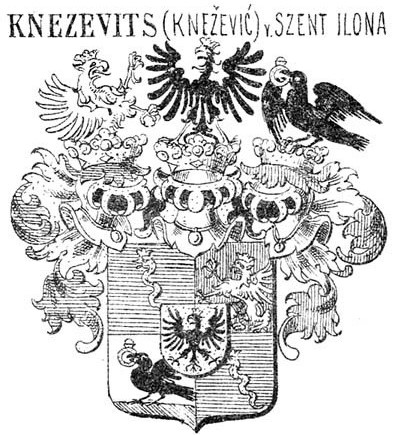does anyone have an idea as to origins and date of this piece?
It is made of sheet silver, worked 'en repoussee', without any markings except for the 'tremuolierstich' on the backside.It has a total of 7 holes in it, to be attached to a fabric of some sort?
It measures 12,5 x 9 cm and weighs 34 grams.
It reminds me a bit of the birds you see on 'Königskette' from 'schuttersgilden' /Schützeverein, although this piece is stylistically quite different. To me it has a rather Eastern European feel to it.
Any ideas?



